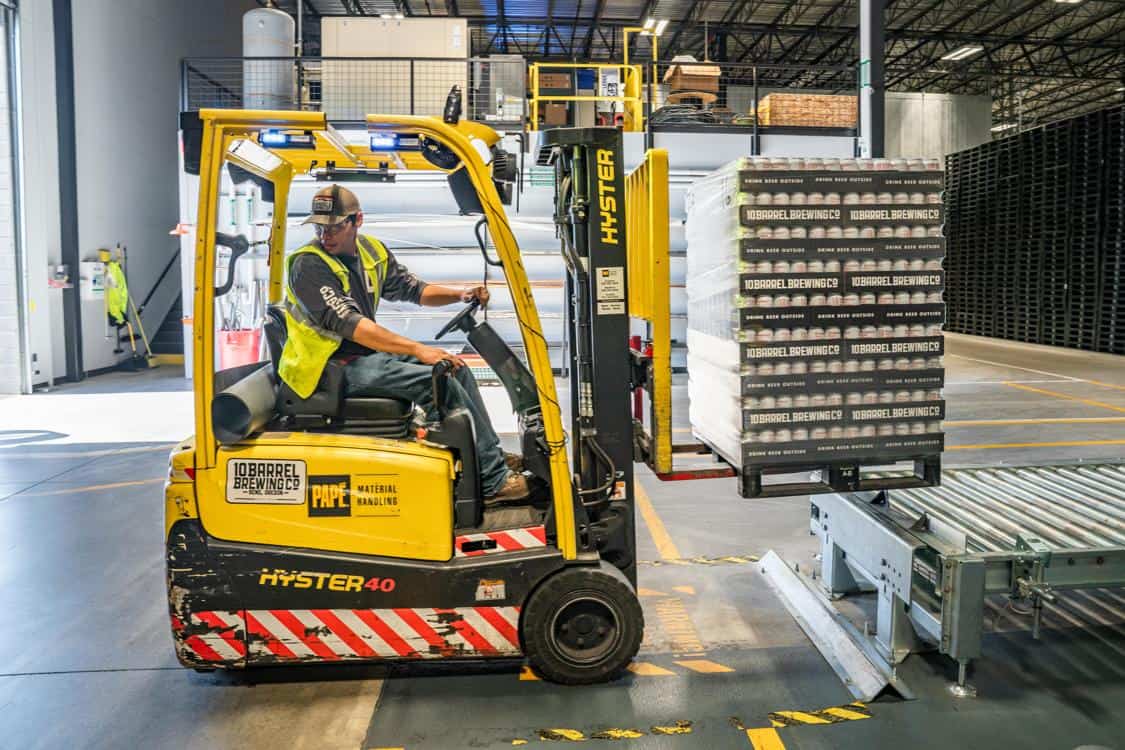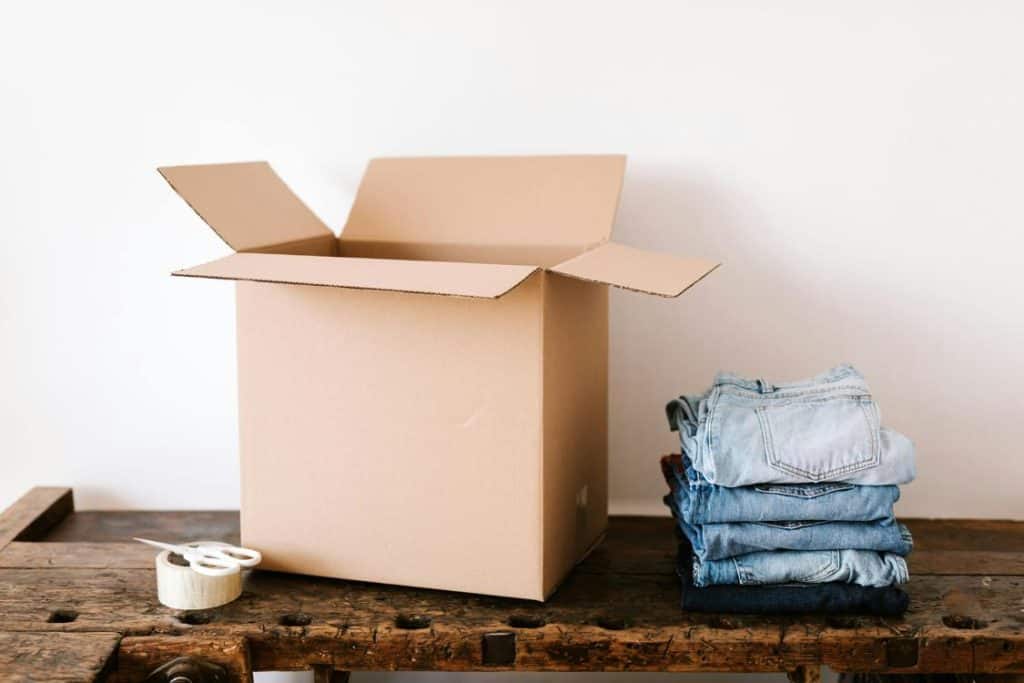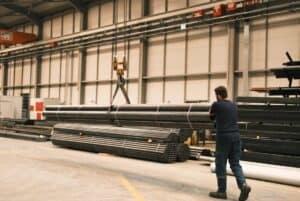Moving to a new home that isn’t ready yet or downsizing can be challenging, especially when you’re not ready to part with your belongings. In such cases, renting a storage unit can be a practical solution. However, selecting the right storage unit involves considering various factors to ensure your items are safe and accessible when needed. Here are six important questions to ask before renting a storage unit:
How much space do you need?
When renting a storage unit, start by assessing how much space you need. Storage units come in various sizes, and choosing the right one depends on the volume and type of items you plan to store. Generally, 10×15 storage units are quite popular as they offer space equivalent to a one-car garage, suitable for storing a full-size mattress set, furniture, boxes, and more. For delicate items like paintings and mirrors, it’s advisable to store them higher up to avoid damage from heavier items placed below.
To accurately determine the space required, make a detailed list of all items and their dimensions. This inventory will help you calculate the number of boxes or plastic storage bins you need, as well as the space for large appliances and furniture. Many storage facilities offer visual guides to help you select the appropriate unit size based on your inventory. This step is crucial in avoiding renting a unit that is either too large and costly or too small to accommodate all your belongings.
How accessible is the storage facility?
Accessibility is a crucial factor when choosing a storage unit. Depending on your needs, you may prefer a facility that offers 24-hour access or one that has extended weekend hours. This flexibility can be particularly important if you anticipate needing frequent access to your belongings. For instance, business owners who store inventory might require more frequent access compared to someone storing seasonal items.
Additionally, consider the facility’s location. A unit closer to your home or workplace might be more expensive but could save you time and travel costs in the long run. Proximity is particularly important if you need to access your items regularly. Conversely, if you do not need frequent access, choosing a facility farther from urban centers can be a cost-effective option.
What security measures are in place?
Security should be a top priority when selecting a storage unit. Look for storage facilities with robust security measures such as individual unit locks, video surveillance, gated access, and on-site personnel. These features provide added protection for your belongings and peace of mind for you. Some facilities also offer biometric access systems, which can further enhance security. If you are storing valuable or sentimental items, investing in a storage unit with enhanced security features is well worth the cost.
Do you have any special storage needs for vehicles or large items?
If you need to store a vehicle, such as a car, boat, or RV, check if the storage facility accommodates these items. Some facilities offer specialized storage spaces designed for vehicles, which can include both outdoor and indoor options. Indoor vehicle storage is generally more expensive but offers better protection from the elements and potential vandalism.
For those with boats or RVs, ensure the facility has adequate space and access features like wide aisles and high ceilings. Additionally, some storage locations provide maintenance services for vehicles, which can be a convenient option if you plan to store your vehicle for an extended period. These services might include battery charging, tire inflation, and regular engine start-ups, ensuring your vehicle remains in good condition while in storage.
Moreover, consider the storage facility’s policies on vehicle storage. Some places might require you to maintain insurance on the stored vehicle, and others may have specific rules about fuel levels and battery disconnection. Being aware of these policies can help you avoid any unexpected issues when storing your vehicle.
Do you need climate control?
Climate-controlled units are essential for storing items sensitive to temperature and humidity fluctuations. These units maintain a stable environment, protecting your belongings from extreme heat, cold, and moisture, which can cause damage over time. Items such as electronics, wooden furniture, documents, and clothing can significantly benefit from a climate-controlled environment.
Although climate-controlled units typically cost more, the investment can be justified by the protection they offer to valuable or irreplaceable items. When choosing a climate-controlled unit, consider the local climate and the duration of storage to determine if this added feature is necessary. For example, in regions with high humidity or extreme temperature variations, a climate-controlled unit can prevent issues such as mold, mildew, and warping of wooden items, especially important for things like a cottage holiday.
Another factor to consider is the level of climate control offered. Some facilities provide basic temperature control, while others offer more sophisticated systems that also regulate humidity. Assess the specific needs of your stored items to choose the appropriate level of climate control.
What are the legal and contractual considerations?
Before renting a storage unit, thoroughly read the contract. Most storage facilities require you to sign a contract for a specific period, though many also offer month-to-month rentals for added flexibility. Ensure you understand the terms, including payment schedules, late fees, and the facility’s policies on accessing your unit. Clarifying these details upfront can help you avoid misunderstandings and additional charges later on.
Be aware of legal restrictions on what can be stored in a unit. Items like flammable materials, hazardous chemicals, and perishable goods are typically prohibited. Additionally, it’s illegal to live in a storage unit, and failure to comply with the rental agreement can result in your belongings being auctioned off if you default on payments. Understanding these restrictions will help you avoid legal issues and ensure the safety of your stored items.
It is also advisable to check if the facility offers insurance for your stored items or if your homeowner’s or renter’s insurance covers them. Some storage facilities offer insurance plans for an additional fee, which can provide coverage against theft, fire, and other potential risks.
Additional Services and Amenities

Some storage facilities offer additional services that can enhance your storage experience. For example, many locations provide packing supplies, moving truck rentals, and assistance with loading and unloading your items. These services can be especially useful if you are managing a large move or need help with heavy or bulky items. Some facilities even offer professional movers to assist with the process, ensuring your items are safely stored.
Furthermore, look for facilities with user-friendly online systems for managing your account. The ability to pay your rent, update contact information, and check the status of your unit online can save you time and hassle. Some facilities also offer mobile apps, providing an added layer of convenience for managing your storage needs on the go.
Additional amenities to consider include drive-up access, which allows you to park directly outside your unit, and on-site amenities like restrooms and waiting areas. These features can make the process of accessing and managing your stored items more comfortable and convenient.
Cost and Budgeting
Finally, consider the cost of the storage unit and how it fits into your budget. Prices can vary widely based on the size of the unit, location, and additional features like climate control and security. It’s a good idea to compare quotes from multiple facilities to find the best deal. Some storage companies offer discounts for long-term rentals or promotions for new customers. Additionally, inquire about any hidden fees that might not be included in the initial quote, such as administrative fees or security deposits.
Remember to account for any additional costs, such as insurance for your stored items. While some facilities include basic insurance in the rental price, you may need to purchase additional coverage for high-value items. Budgeting for these extra costs can help you avoid surprises and ensure you have adequate protection for your belongings.
Consider the payment options and flexibility offered by the facility. Some places provide discounts for upfront annual payments, while others may have more flexible monthly payment plans. Choose a facility that aligns with your financial preferences and needs.
Choosing the right storage unit involves careful consideration of various factors, including space requirements, accessibility, security, climate control, and cost. By taking the time to evaluate your specific needs and researching different options, you can find a storage solution that keeps your belongings safe and easily accessible. Whether you’re moving, downsizing, or simply need extra space, the right storage unit can provide the flexibility and peace of mind you need.




